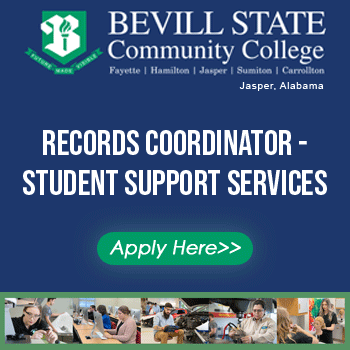Postdoctoral Research Associate in Free Space Optical Communications and Adaptive Optics
Job Description
Applications are invited for a Postdoctoral Research Associate position in the Space Research group in Durham. The role will be focused on the development and modelling of adaptive optics systems for the application of free space optical communications. The role is initially funded by the newly instituted "Space Research Centre" (SPARC), and collaborative work with other departments in the centre will be performed.
The position will be centred on adaptive optics systems and laser guide stars for Free Space Optical Communication (FSOC) with satellites. This includes modelling so called "Strong Turbulence" conditions experienced during low elevation satellite links through computer simulation and laboratory experiments. There is a longer term goal of demonstrating the technologies in links through real turbulence with test sources or even real satellites. Further examination of the use of Laser Guide Stars in FSOC will also be performed, leveraging the CfAI's previous expertise on the topic.
Through this position you will be making a crucial contribution to the development of this international astronomy facility, and the demonstration of an exciting new technology. This role will suit someone who wishes to gain practical experience of taking novel research outputs and developing technologies from them to the level where they can be incorporated into cutting edge scientific instruments. You will be expected to work in close collaboration with other members of CfAI and SPARC as well as our international partners who have a wide range of scientific and engineering backgrounds.
This post is fixed term for 2 years to coincide with the duration of our existing funding, with the possibility for extension.
The post-holder is employed to work on a research project which will be led by another colleague. Whilst this means that the post-holder will not be carrying out independent research in his/her own right, the expectation is that they will contribute to the advancement of the project, through the development of their own research ideas/adaptation and development of research protocols.
Successful applicants will, ideally, be in post by 1st January 2025.
*Please mention you saw this ad on DiversityInCareers.*
Be Seen By Recruiters at the Best Institutions
Create a FREE Profile to be Seen!






